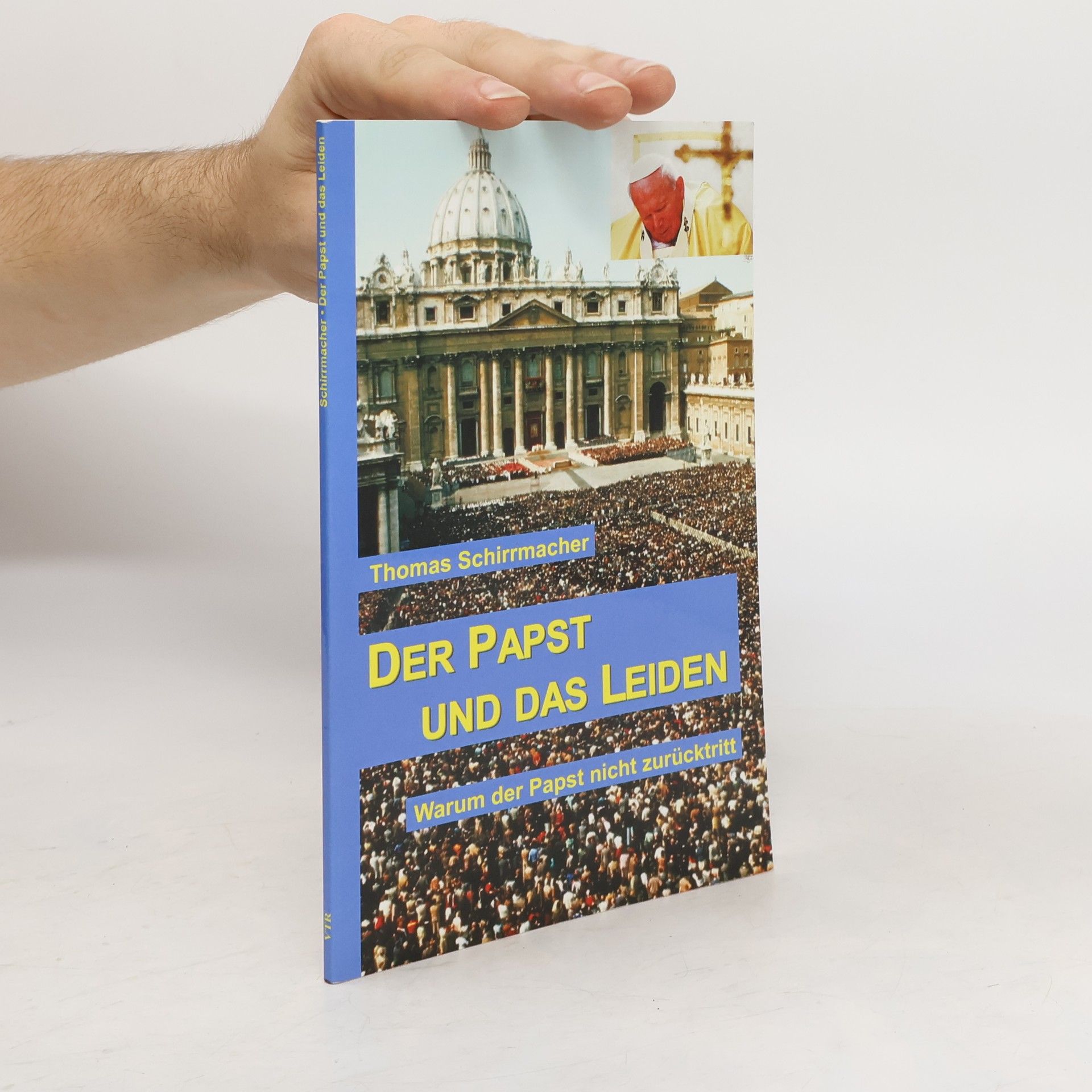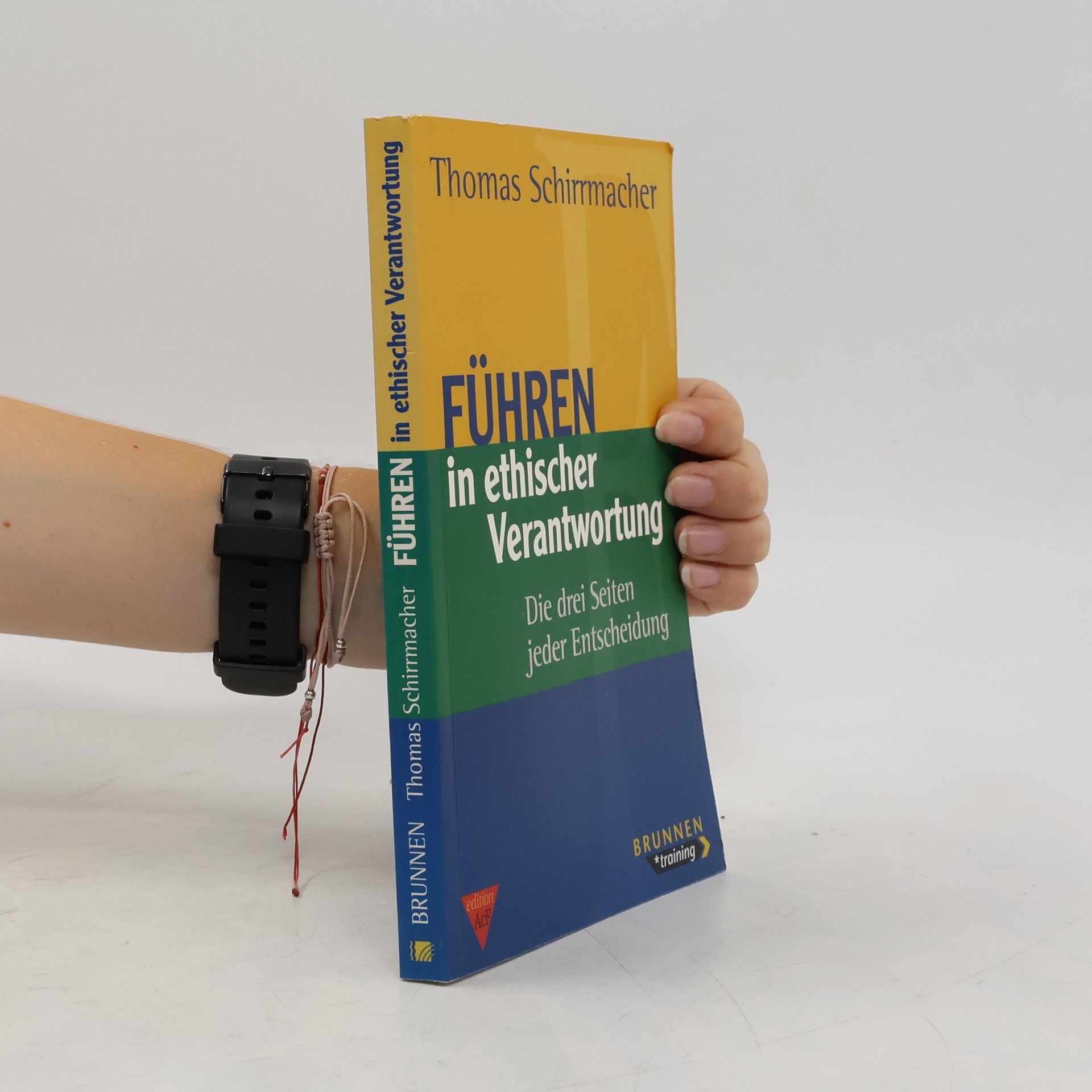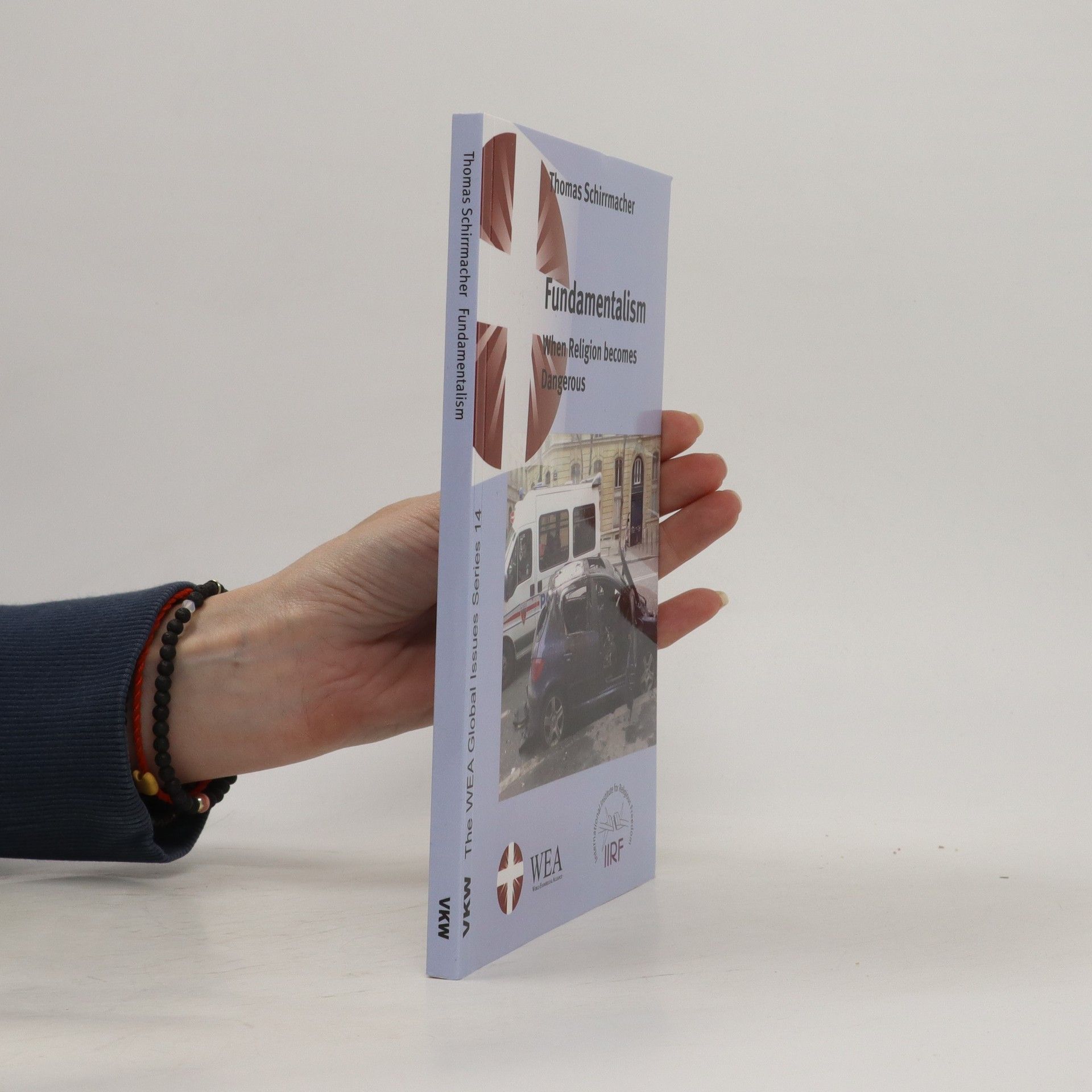Jahrbuch Religionsfreiheit 2025
- 248 pages
- 9 hours of reading







Fundamentalismus jako militantní pravdivostní nárok. Podle autora lze o fundamentalismu hovořit pouze v případě, kdy se jedná o násilí nebo ohrožení vnitřní bezpečnosti. Po útocích z 11. září 2001 veřejnost chápe fundamentalisty většinou jako radikály, tíhnoucí k násilí, nábožensky motivované extremisty či jen prostě náboženské teroristy. Slovem "fundamentalismus" je v této společné hantýrce míněn militantní pravdivostní nárok, což je dle mého názoru nejkratší definice tohoto pojmu. Různá náboženství se v průběhu dějin stala příčinou válek i masového vraždění (stejně tak přinesla v menším či větším měřítku mír a zájem o lidská práva). Války a masové vraždění lze však stejně dobře ospravedlňovat na základě vědomě nenáboženského světonázoru, jak to předvedli Stalin či Mao. Dále pak platí, že většina vražd, ke kterým ve světě každodenně dochází, nemá žádný náboženský motiv.
Das jährliche Standardwerk zur Christenverfolgung 2018 und das jährliche Standardwerk zur Religionsfreiheit 2018 in einem Wendebuch zusammen gebunden - jedes Jahrbuch beginnt auf einer Seite des Umschlages. Herausgegeben vom Internationalen Institut für Religionsfreiheit (IIRF), der Internationalen Gesellschaft für Menschenrechte, des Arbeitskreises für Religionsfreiheit der Deutschen und Österreichischen Ev. Allianz und der Arbeitsgemeinschaft Religionsfreiheit der Schweizerischen Evangelischen Allianz. pdf zum freien Download.
Der evangelikale Theologe legt die Annäherungen und Ökumene zwischen Evangelikalen und Katholiken fachkundig dar und beschreibt zugleich die faszinierende Persönlichkeit des Papstes in Erinnerungen und Anekdoten
„Už dlouho jsem nečetl tak praktickou knihu. Etika bývá nazývána praktickou filosofií, ovšem příliš často jsou odborné knihy o etice všechno, jen ne praktické. Kniha kolegy Schirrmachera praktická skutečně je. Všechny etické principy, které autor předkládá, jsou konkretizovány a aplikovány v reálných životních situacích.“ – PhDr. Jan Hábl, PhD, pedagog a učitel etiky „Začtěme se do knihy, která nás vtáhne do světa etického rozhodování a pomůže nám propojit etická měřítka s praxí. Celá problematika morální odpovědnosti je nepochybně vysoce živým a aktuálním tématem v etickém chaosu a pluralistické rozmazanosti evropské společnosti.“ – ThDr. Pavel Černý, Th.D., kazatel a učitel teologie)
The Christian church has a long tradition of systematic theology, that is, studying theology and doctrine organized around fairly standard categories such as the Word of God, redemption, and Jesus Christ. This introduction to systematic theology has several distinctive features: - A strong emphasis on the scriptural basis for each doctrine and teaching - Clear writing, with technical terms kept to a minimum - A contemporary approach, treating subjects of special interest to the church today - A friendly tone, appealing to the emotions and the spirit as well as the intellect - Frequent application to life - Resources for worship with each chapter - Bibliographies with each chapter that cross-reference subjects to a wide range of other systematic theologies.
In vielen Ländern werden Frauen geschlagen und ausgebeutet. Seit Jahrhunderten sind sie Opfer von Gewalt und Unterdrückung. Der Schutz und die Rechte von Frauen sind weltweit noch immer unterentwickelt, auch wenn die Gleichberechtigung in der westlichen Welt schon weiter vorangeschritten ist. Die Autoren, die sich engagiert für Menschenrechte einsetzen, beleuchten die Unterdrückung der Frauen weltweit, erklären die verschiedenen Ursachen und nennen konkrete Ansätze, was man dagegen tun kann.